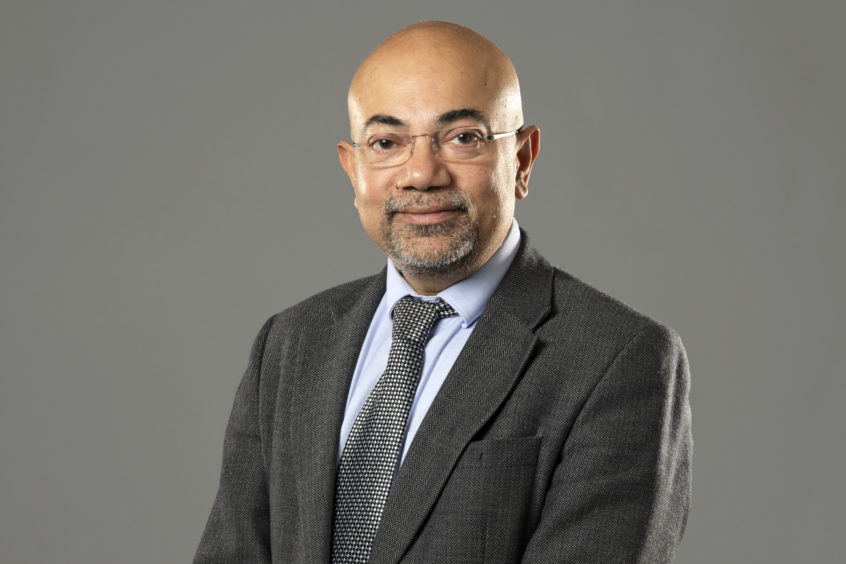Medical students have called for change at Aberdeen University amid claims that racism is not being treated seriously enough.
Hundreds of students at the institution’s School of Medicine have called for urgent change in the culture and curriculum to address the underlying issues affecting them.
An open letter from the organisation’s Black Medical Society (BMS) includes a number of first-hand accounts from people who claim they have experienced racism on university premises or during a medical placement.
One person said they had been left “terrified” to speak out, while another claimed to have witnessed a “completely unnecessary and derogatory comment” being made.
The letter also contains an account from someone who said a patient referred to them in a racially offensive manner while they worked a night shift.
The student said: “Instead of saying anything, the staff just laughed.”
The society has acknowledged that work is ongoing to enact change, but said it is “not currently adequate” and is calling for further improvements.
BMS said more attention needs to be paid to diversity during clinical teaching, such as navigating examinations on patients with different religious or cultural beliefs.
It added that white skin “should not be the default” for learning, calling for training on how to recognise symptoms on people with different skin tones.
The group is calling for the introduction of lectures and discussions on the “harsh realities” of racism within and outside the medical sector, and for the topic of healthcare inequalities to be covered during ethics modules.
BMS also wants training for students and support staff on how to deal with racism incidents.
Its letter says primary talks with university leaders have already taken place, with hopes of “moving forward collaboratively”.
Professor Siladitya Bhattacharya, head of the School of Medicine, Medical Sciences and Nutrition, said he was “shocked and saddened” by the accounts detailed in the letter.
The professor, who is also co-chairman of the university’s working group dedicated to tackling racial harassment and race equality charter champion, is “actively taking steps” to address the underlying issues which have been highlighted.
He added: “As a university and as a school we absolutely condemn racism and discrimination in all its forms and are committed to empowering our students and staff to stand up to racism wherever and whenever it occurs.
“We welcome the opportunity to discuss the concerns raised by our students, and we have been in close dialogue with them to listen and provide reassurance that these are important issues that we take extremely seriously.
“As a signatory to the BMA Racial Harassment Charter, the school is committed to fostering a supportive and inclusive work environment for our students and staff, and to implementing the recommendations contained within the charter.
“We are currently doing this as part of a range of measures across the university to promote racial equality as part of our strategic commitment to inclusivity and diversity.
“We recognise that there is much more work to do to ensure we do not fall short of our commitments, and we will continue to listen, learn and work with our medical students to build constructively on what we have achieved through discussion so far.”

